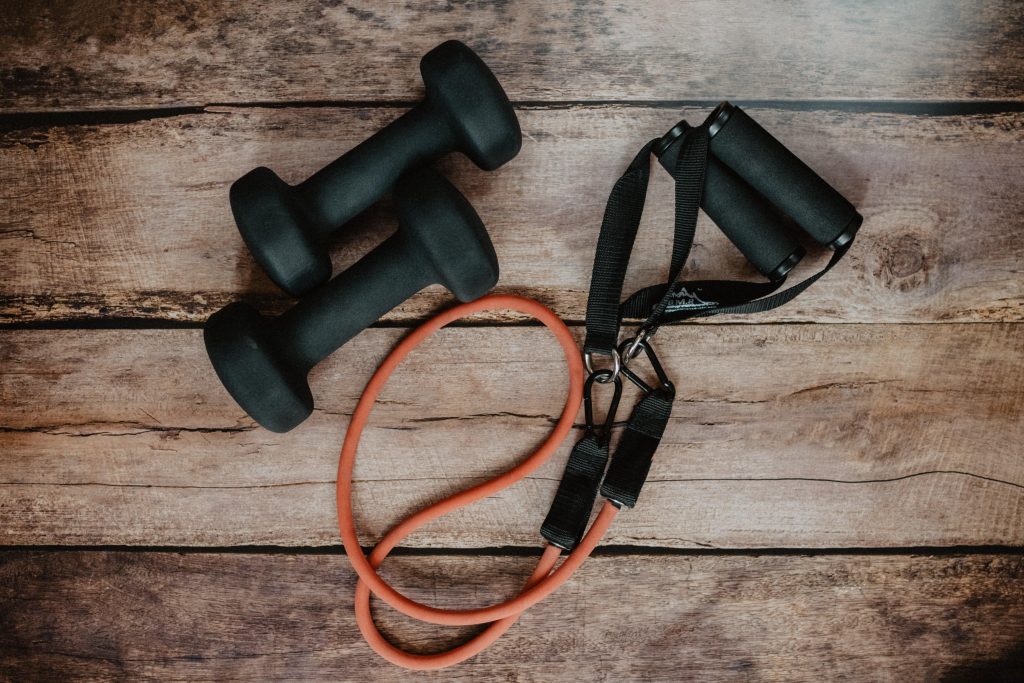This post is also available in Dutch .
Dopamine, one of the most widely known brain chemicals, is our brain’s response to pleasure and reward, and is also linked to our motivation to move. Research has shown that reduced sensitivity to dopamine can lead to less enthusiasm and more physical inactivity. So dopamine is to blame for those Monday blues and those days that you prefer lying on the couch instead of running some errands. While staying at home with limited options of things to do can make you devoid of enthusiasm, there is a way to prevent this depletion from happening.
Physical activity can lift our moods by bumping up our dopamine levels and reducing depressive-like symptoms. If you manage to overcome the initial reluctance to get more active, you will feel better and, in the end, want more of it. Top-level athletes are usually aware of this initial barrier, being more capable of pushing through it, while anticipating the rewarding aftermath of exercise. There is no need to develop into a full-fledged athlete to feel better during this pandemic, but a certain routine to get your body and brain accustomed to a new way of receiving reward may make your life happier.
Research also suggests that those who exercise regularly have a higher sense of internal locus of control. This is people’s belief that they, rather than other people or their circumstances, are responsible for what is happening to them. People with a strong internal locus of control attribute their successes to their own efforts and, therefore, become more motivated to work towards their goals. When we are under stress caused by circumstances beyond our control, such as a global pandemic, we may feel powerless. Meeting the psychological demands of such a situation over an extended period of time can be tiring. Indeed, perceptions of uncontrollability in such a scenario have been found to be related to emotional exhaustion. Exercise with the sense of accomplishment that it brings can be used to prevent the potential negative impact from external forces in our lives.
Exercise is a potent remedy for both depression and anxiety as it can have an immediate impact on our psychology in a natural way. Besides the benefits of exercise on mood, it also confers positive effects on memory, learning, reasoning and self-control. These additional benefits don’t just come from one type of exercise, but can be a result of either aerobic exercise (e.g. running) or strength training (e.g. lifting weights and resistance training).
Now is the perfect time to test the benefits of physical exercise.
Original language: English
Author: Christina Isakoglou
Buddy: Julija Vaitonyt?
Editor: Christienne Gonzales Damatac
Translator: Ellen Lommerse
Editor Translation: Jill Naaijen
Photo credit: Featured image by Kelly Sikkema via Unsplash.
